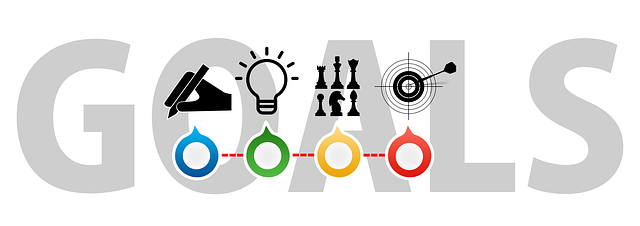Thorough property inspections unveil hidden issues, saving costs for real estate buyers and investors. Energy audits optimize property performance, reducing utility bills and increasing investment returns. Strategic negotiations, backed by market research, secure favorable terms through collaborative relationships in the competitive real estate market.
In the competitive real estate market, understanding the importance of thorough property inspections, efficient energy audits, and strategic negotiations is key. While these processes may seem time-consuming, they offer long-term benefits by identifying potential costly surprises, implementing savings strategies, and securing better terms and prices. By investing time in these areas, buyers and sellers can make informed decisions, reduce expenses, and ultimately navigate the market with greater confidence.
Thorough Property Inspections: Uncovering Costly Surprises

Thorough property inspections are an often-overlooked yet vital step in the real estate journey, especially for those seeking to save costs long-term. Many buyers or investors tend to rush through this process, but a comprehensive assessment can reveal hidden issues that could prove expensive down the line. By taking the time to inspect every nook and cranny, from structural integrity to potential pest infestations and system efficiency, you gain valuable insights into a property’s true condition.
These inspections are particularly crucial in older properties or those requiring renovation. Surprises like rotting foundations, outdated electrical systems, or hidden water damage can significantly impact your budget. Addressing these issues proactively ensures that costly repairs don’t catch you off guard later. A little extra effort upfront translates to substantial savings and peace of mind for the future homeowner or investor.
Efficient Energy Audits: Long-Term Savings Strategies

Efficient energy audits are a strategic approach for real estate owners and managers to optimize their properties’ energy performance, ultimately reducing operational costs. These comprehensive assessments go beyond surface-level fixes by identifying areas where energy is wasted and providing tailored solutions. By conducting detailed analyses of heating, ventilation, air conditioning (HVAC) systems, insulation, lighting, and other critical components, professionals can pinpoint opportunities for significant long-term savings.
Implementing the recommendations from these audits can lead to substantial reductions in utility bills. Moreover, many energy-efficient upgrades offer a strong return on investment, paying for themselves over time through lower energy consumption. As the real estate market becomes increasingly focused on sustainability and cost-effectiveness, efficient energy audits stand as a powerful tool for maximizing the value and efficiency of properties while minimizing long-term operational expenses.
Strategic Negotiations: Securing Better Terms and Prices

Strategic negotiations are a powerful tool for anyone in the real estate industry looking to reduce costs. By employing tactical approaches, property buyers and investors can secure more favorable terms and prices from sellers. This involves thorough research, understanding market dynamics, and effectively communicating one’s position. For instance, knowing peak seasons for properties and comparing recent sales data can help set realistic yet competitive offers.
During negotiations, it’s essential to highlight the potential long-term benefits for the seller. This might include offering flexible payment plans or suggesting minor renovations that could increase the property’s value. A win-win scenario where both parties feel they’ve gained something valuable fosters a collaborative environment, leading to more agreeable outcomes. Ultimately, strategic negotiations are not just about saving money; they’re about achieving the best possible deal while maintaining strong relationships within the competitive real estate market.






